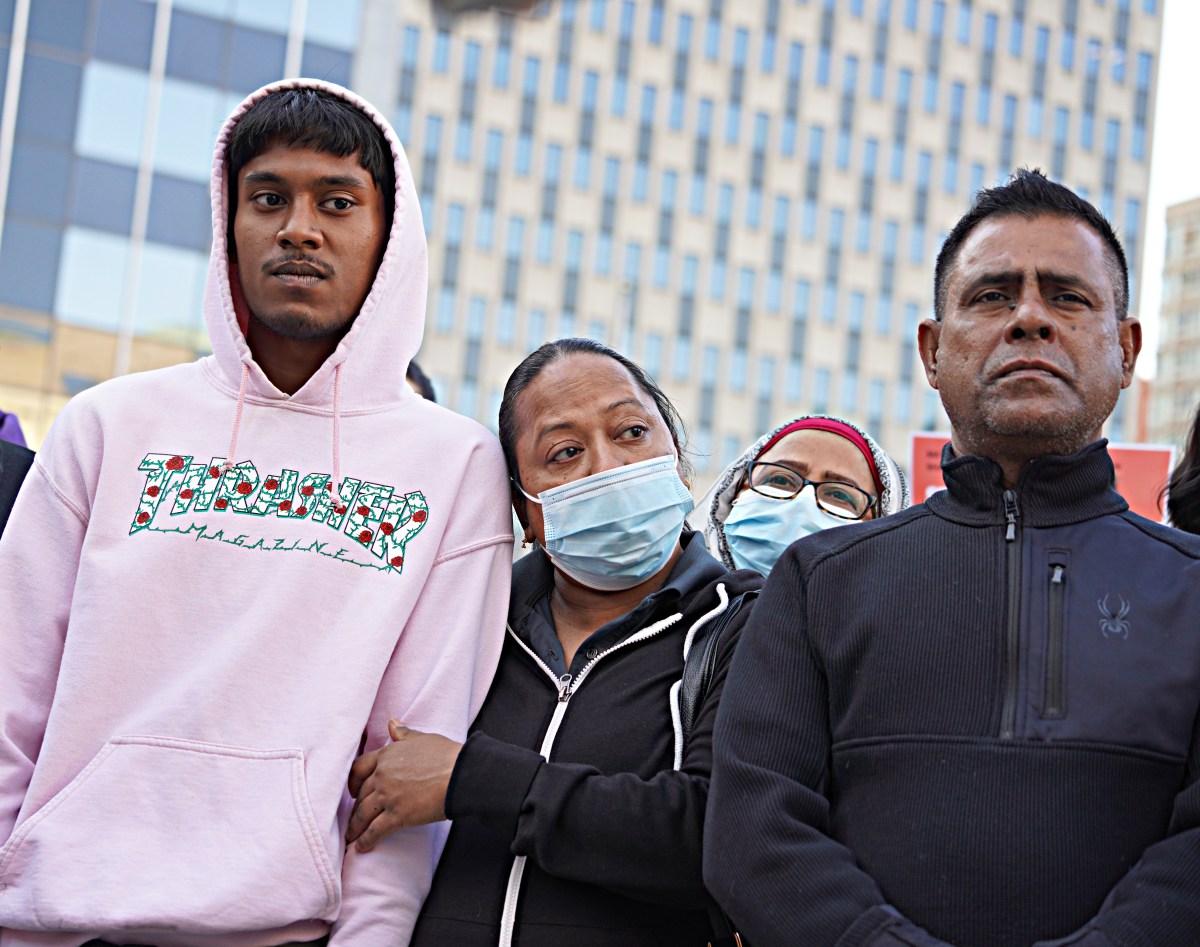With the same speed it takes to donate to Haitian earthquake relief funds by text message or on the Internet, scam artists can steal from unsuspecting do-gooders.
The desperate pleas for help by Haitians for emergency medical care, food, water and shelter after the disastrous 7.0 magnitude earthquake that struck on Tuesday, January 12, has produced an immediate worldwide response in charitable giving unlike any other event in history.
But people should beware of unfamiliar organizations soliciting funds who seek to steal or gain access to credit card numbers and bank accounts to commit identity theft.
“We encourage New Yorkers to consider donating to the relief efforts, and stress that they should do so wisely,” said NYS Attorney General Andrew Cuomo. “Unfortunately, with any outpouring of generosity, there can sometimes be scams. This should not discourage giving, but before making a charitable donation, New Yorkers should take advantage of the tools and tips we have assembled to ensure that their contribution goes to where it is intended.”
Some of the steps to avoid falling victim to scams include contributing to legitimate and verifiable charities. Verifiable charities would be registered with New York State’s Attorney General’s Office, www.charitiesnys.com or 212-416-8402, and would be tracked by the Better Business Bureau, www.bbb.org or 212-533-6200.
If an unsolicited caller wants your money, ask them how your money will be spent or distributed and to send you written materials about the charity. The New York State Consumer Protection Board (CPB) assures that no legitimate organization would insist that you donate immediately. Be wary of unsolicited emails that ask for money.
Avoid giving cash. Make checks out to the charity not to an individual. Give your contribution by check or credit card so that you have a record of the donation. If you choose to make a donation via a charity’s web site, check to ensure that the web site is secure and that your computer is equipped with the latest anti-virus protection.
Also, don’t disclose personal or financial information like your social security number, credit card or debit card number or other personal identifying information in response to an unsolicited charitable request, especially over the phone.
Consumers who receive suspicious requests for donations are encouraged to report them immediately to the Attorney General’s office at 212-416-8402 or CPB using the online Consumer Complaint Form found at www.nysconsumer.gov or by calling their toll-free hotline at 1-800-697-1220. If you suspect that a scam is taking place, please contact them.
Before making a donation of any kind, follow these guidelines:
• Give to established charities with which you are familiar but watch for fake charities that use names of familiar charities.
• Verify and evaluate the charities using web sites like the following: www.charitiesnys.com, www.charitywatch.org, www.charitynavigator.org and www.guidestar.org.
• Ask specifically how donations will be used, whether they’ve already worked in Haiti and what they plan to do with excess donations. Have them send you information.
• Never give cash. Give your contribution by check made payable to the charity.
• Be careful about personal information. Avoid giving credit card or personal information over the phone or by text message.
• Do not respond to any unsolicited (SPAM) incoming emails, including clicking links and files contained within those messages. Some may download viruses to your computer.
• Be skeptical of individuals representing themselves as surviving victims or officials asking for donations via email or social networking sites.
































